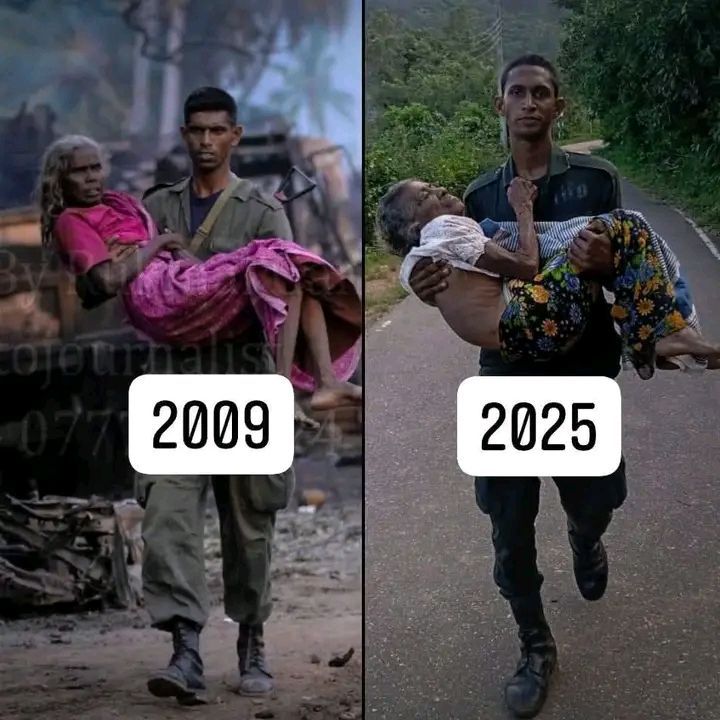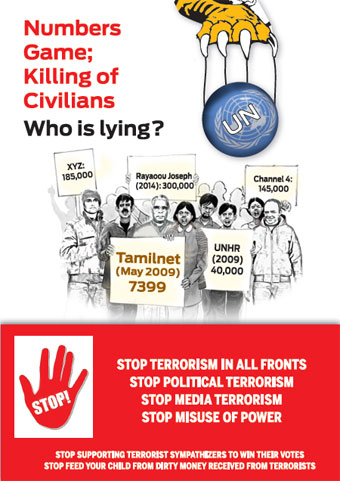Diplomatic gains from a strategic abstention

Sri Lanka’s response to the UNHRC vote suggests that to Colombo, what India thinks matters more than what many other powerful nations do
With 23 countries backing a relatively strong resolution against Sri Lanka at the recent U.N. Human Rights Council (UNHRC) session in Geneva, one would have thought the country would feel effectively cornered. However, a day after the resolution was adopted, Sri Lanka only seemed too pleased, thanks to its neighbour. Amid all the buzz around the strategically-timed elections to Sri Lanka’s Sinhala majority Southern and Western Provinces, senior politicians including President Mahinda Rajapaksa were rather prompt in expressing their happiness over India’s decision to abstain from voting. Foreign Minister G.L. Peiris termed India’s departure from its voting pattern over the last two years as “a significant development.” Mr. Rajapaksa went a step further, ordering the immediate release of all Indian fishermen in Sri Lankan custody then as a goodwill gesture. In an interaction with journalists days before the Geneva session, Mr. Rajapaksa said: “I don’t know what India will do, they voted against us last two years,” quickly adding, “but we understand them,” as if India had already cast a negative vote. So when India declared its decision to abstain on March 27, Colombo was clearly elated. India’s decision may not have influenced the larger voting pattern but to Sri Lanka, apparently, its neighbour’s abstention meant a massive victory of sorts, despite the majority vote in Geneva proving negative. Foreign policy analysts — who thought New Delhi had for long been succumbing to Tamil Nadu’s pressure — hailed it as “excellent diplomacy,” though Tamil diaspora organisations and sections of northern Tamils said they were deeply disappointed with India.
A ‘reset’ for diplomacy
The fact that the Ministry of External Affairs was fully in charge at Geneva is significant. It was the same Ministry which, despite its best efforts, could not get Prime Minister Manmohan Singh to attend the Commonwealth Heads of Government meeting in Sri Lanka last November. As former Sri Lankan diplomat Dayan Jayatilleka observed, the abstention has pressed the reset button, activating positive Indo-Lanka diplomacy. Sri Lanka’s response to the vote in general and to India’s decision suggests that to Colombo, what India thinks matters more than what many other powerful nations do.
The Hindu in December 2013 reported that 18 schools in Jaffna were struggling for space with the Sri Lankan Army having taken over their original buildings, some even a century old, as part of its questionable high security zones. Fishing villages in these zones have been usurped, delivering a blow to livelihoods. The process of resettlement, the Indian mission implementing a massive housing project in the former war zone would very well know, still has several gaps. In Sampur, located in Trincomalee — where NTPC partners a joint venture to set up a thermal power plant — 800 families lost their homes to land taken over by the Sri Lankan government “for the plant.” In reality, the 500-acre area earmarked for the plant displaced only seven families that the Indian government is helping relocate, while permanent housing to the rest who lost their homes remains a question mark.
Post Geneva, India has said it will continue to closely engage with Sri Lanka on the question of devolution. Nearly five years after the country’s brutal war ended, people living in Sri Lanka’s Tamil-speaking north and east crave for political rights and complete freedom. Devolution, after all, is not just about holding an election to the Northern Province but also allowing the Council to function with administrative powers and enabling the people of the province to lead normal lives as citizens.
Also, when a new Indian government takes charge soon, the ongoing conflict over fishing between the two countries will come into sharp focus. Considering the major role Tamil Nadu is expected to play in national politics in a post-poll scenario, India will have to necessarily evolve a strategy to handle the pressure from the southern State and at the same time get it to deter its fishermen from poaching in Sri Lankan waters.
Depending on how New Delhi fares on all these counts, its seemingly strategic abstention in Geneva could potentially turn into an actual gain.
832 Viewers








